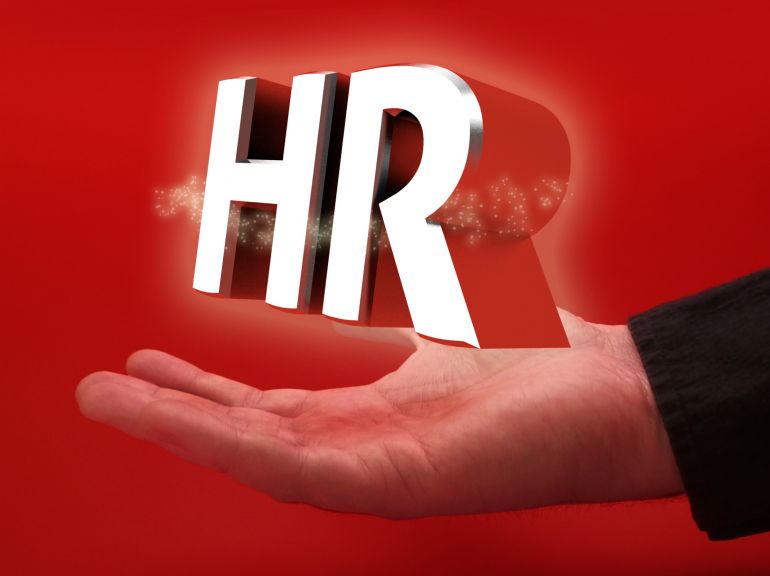At present, each recruitment process in not only based on verification of CV or job interview with a potential candidate. Employers are trying to analyze a candidate's profile in social media more and more frequently. They investigate content and used vocabulary in the Internet as well as the fact whether the views of a potential employee are compliant with e.g. values of a company. Companies – especially international corporations – which take care about their own image, make sure that their candidate lives in accordance with the principles present in the company. It mainly concerns principles of culture expression, personal culture and respect of right to equality regardless background, sex or age – says Paweł Wierzbicki, chairman of Michael Page specialized in conducting recruitment processes for management posts. An opinion of a certain candidate, their level of propriety and toleration are especially analyzed during recruitment processes in global concerns functioning in the financial, teleswitching or FMCG industry.
The network allows to be anonymous, and thus many comments are not noticeable. At present, there is no such a permission to check a full profile unbeknown to a candidate. It is more common to search for comments or photos which are made public – emphasizes Paweł Wierzbicki. Many people publish racist texts under their own surname or a photo – adds Wierzbicki. Such texts may be a reason for eliminating their application for a certain post in a further recruitment process. If a behavior or attitude of a certain person in social media arouses many doubts, we do not engage them in further recruitment stages – explains Paweł Wierzbicki.
People responsible for recruitment analyze both texts published in the form of posts or tweets and photos. If someone propagates e.g. street art which favors racism or violates the fundamental principles of ethics by publishing photos, such picture may block a candidate. Even in the case when someone publishes a picture with a cigarette or a bottle – some companies may not accept the fact that their potential employee presents themselves in such a way in the Internet, especially if they are supposed to be e.g. a person responsible for representation of the company outside – adds Paweł Wierzbicki.
A detailed analysis of a potential candidate's image in the Internet, including their views and ethical norms, is conducted at the end of a recruitment process when only 2-3 people are left. In result, the publication of controversial content in the Internet may contribute to the fact that employer will not decide to employ this candidate at the final stage.
